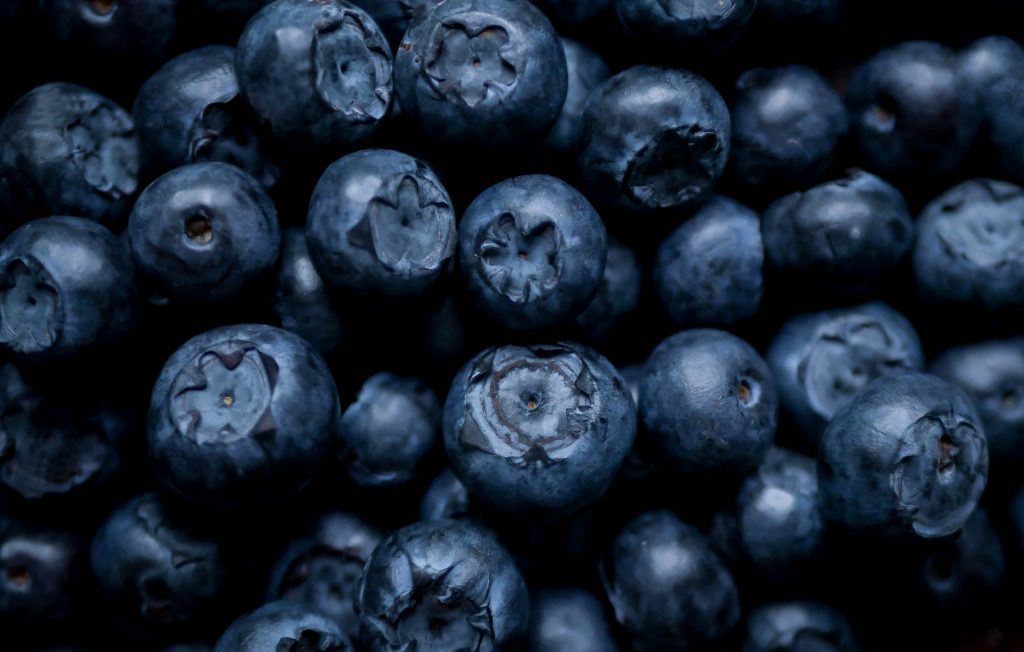
With the world having become obsessed with diets over the past few decades, it can be difficult distinguishing between a hot, new, fad diet and a diet that’s supported by evidence.
An anti-inflammatory diet belongs to the latter group of diets. It’s been studied, trialled and has seen results in many dieters who have suffered from a range of illnesses and conditions. Here’s everything you need to know about an anti-inflammatory diet:
What is it?
Anti-inflammatory diets include lots of foods which have been proven to reduce inflammation in the body.
What do they help with?
These diets can help with a range of inflammatory and autoimmune diseases such as rheumatoid arthritis, Irritated Bowel Syndrome, joint pain, disc pain and others. Foods that exacerbate the symptoms of these conditions are removed when undertaking an anti-inflammatory diet; then, they’re replaced with foods that help to fight inflammation.
What foods do they include?
Don’t worry: you won’t be stuck on nothing but kale smoothies when you start an anti-inflammatory diet. These diets include a range of different food groups.
Anti-inflammatory foods
- Fish
Fish is not only delicious but it plays an important part in an anti-inflammatory diet. Fish that is rich in omega 3 fatty acids, like salmon, tuna, sardines and mackerel, reduces inflammation and protects against several autoimmune diseases such as rheumatoid arthritis. - Turmeric
For many centuries, turmeric has been used as an anti-inflammatory food. Packed with the active ingredient of curcumin, turmeric can help with inflammation of joints, making it a popular choice for those suffering from rheumatoid arthritis. - Green, leafy vegetables
Green, leafy veggies such as spinach, kale and collards are one of the best foods you can include in your diet if you suffer from an autoimmune disease. These foods are excellent for digestion, they possess antioxidant qualities and they can help fight inflammation. They’re also delicious in a variety of ways – from smoothies, to salads, to sandwiches. - Berries
Berries are also on the good-to-go list for anti-inflammatory diets. Blueberries, in particular, are known for their superfood status and most berries have anti-oxidants called anthocyanins which are proven to reduce inflammation and fight against inflammatory diseases.
There are many other foods included in an anti-inflammatory diet and while food can’t necessarily cure an autoimmune disease, they can certainly reduce symptoms and keep them under control. These foods offer a natural alternative to over-the-counter drugs like ibuprofen and prescription medicine.
To have a health expert assess your situation, get in contact with Luke Clarke – Melbourne’s leading naturopath and practitioner of functional medicine. Luke uses scientific studies and naturopathic wisdom to effectively treat a variety of conditions. With over 28 years of clinical experience, Luke is held in high regard in all areas of digestive health, autoimmune conditions and adrenal fatigue.